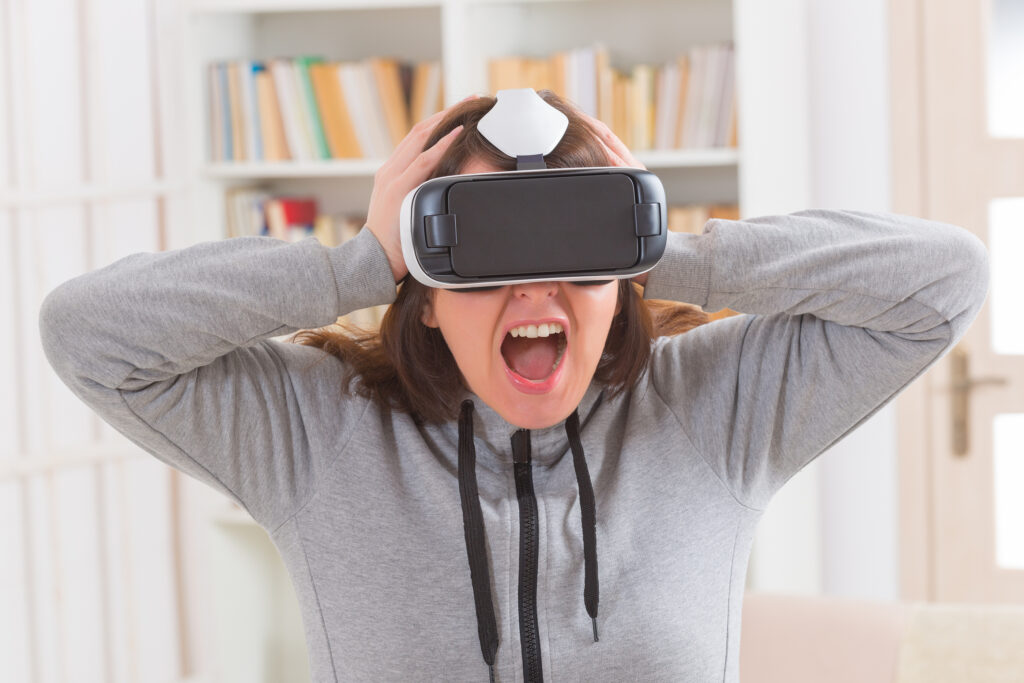Exploring How Video Games Are Revolutionizing Mental Health Treatment & Enhancing Well-being
In recent years, video games have evolved far beyond their traditional role as mere entertainment. With advances in technology and a growing understanding of mental health, the gaming industry has begun to explore the therapeutic potential of video games. From reducing stress and anxiety to aiding in cognitive rehabilitation, video games are increasingly being integrated into therapy and wellness practices. Here’s a closer look at how gaming is being used to support mental health and promote overall well-being.
The Therapeutic Benefits of Video Games
– Reducing Stress and Anxiety
Video games offer an immersive escape from everyday stressors, providing players with a temporary break from their worries. Games designed with relaxation in mind, such as Stardew Valley or Animal Crossing, offer calming environments where players can engage in soothing activities like gardening or fishing. Research has shown that these types of games can help reduce cortisol levels, a hormone associated with stress. Additionally, certain games incorporate mindfulness techniques and breathing exercises to further promote relaxation.
– Cognitive Rehabilitation
For individuals recovering from brain injuries or neurological conditions, video games can serve as a valuable tool in cognitive rehabilitation. Games like Lumosity and Cogmed are designed to improve memory, attention, and problem-solving skills. These games offer structured exercises that challenge cognitive functions in a fun and engaging way. Therapists use these games to create personalized rehabilitation programs, making the process more enjoyable and motivating for patients.
– Enhancing Emotional Well-being
Video games can also be effective in enhancing emotional well-being. Role-playing games (RPGs) like The Sims allow players to explore different aspects of their personality and emotions in a safe environment. By navigating various scenarios and making decisions, players can gain insights into their own behaviors and emotions. Games that incorporate narratives and moral choices, such as Life is Strange, offer opportunities for self-reflection and empathy development.

– Social Connection and Support
Multiplayer games and online communities provide social support and reduce feelings of isolation. Games like World of Warcraft and Fortnite create spaces where players can connect with others, build friendships, and collaborate on shared goals. For individuals experiencing loneliness or social anxiety, these virtual communities can offer a sense of belonging and support. Additionally, online gaming forums and support groups provide a platform for discussing mental health challenges and sharing coping strategies.
Integrating Gaming into Therapy
– Game-Based Therapy Programs
Therapists and psychologists are increasingly integrating video games into therapeutic practices. Game-based therapy programs are designed to address specific mental health issues, such as anxiety, depression, or PTSD. These programs often involve customized games that incorporate therapeutic techniques, such as cognitive-behavioral therapy (CBT) exercises or exposure therapy. By engaging patients in interactive and enjoyable activities, therapists can enhance treatment adherence and outcomes.
– Gamification of Traditional Therapies
Gamification involves incorporating game-like elements into traditional therapeutic practices to increase motivation and engagement. For example, therapists may use point systems, achievements, and progress tracking to make therapeutic exercises more engaging. Apps like Moodfit and Happify integrate gamification into mental health practices, offering users interactive tools for managing their mood and well-being.
– Research and Development
Ongoing research is exploring the potential of video games in mental health treatment. Studies are investigating how specific game mechanics and features can be optimized for therapeutic purposes. For instance, research on games designed to treat anxiety and depression is examining how gameplay elements can be used to simulate real-world scenarios and teach coping strategies. As the field of game-based therapy grows, more evidence-based approaches will likely emerge.
The Future of Gaming and Mental Health
The intersection of gaming and mental health is a rapidly evolving field with exciting potential. As technology advances, we can expect to see more sophisticated and targeted video games designed to address various mental health needs. Collaboration between game developers, mental health professionals, and researchers will be crucial in developing effective and ethical therapeutic games.

Furthermore, as the stigma surrounding mental health continues to decrease, the integration of video games into therapy may become more mainstream. By harnessing the power of gaming, we can offer innovative solutions for improving mental health and promoting wellness. Whether through stress relief, cognitive rehabilitation, or social support, video games are proving to be a valuable tool in the quest for better mental health.

CLICK HERE to find out more about our WhatsApp Channel.
Call us today on Tel: +254724740527 to learn more about how our weekly digital marketing newsletter can help your business succeed.
You Can Also Get To Us Through Our Email Address: mansoor@goplacesonline.com
Follow us on our social media platforms:






